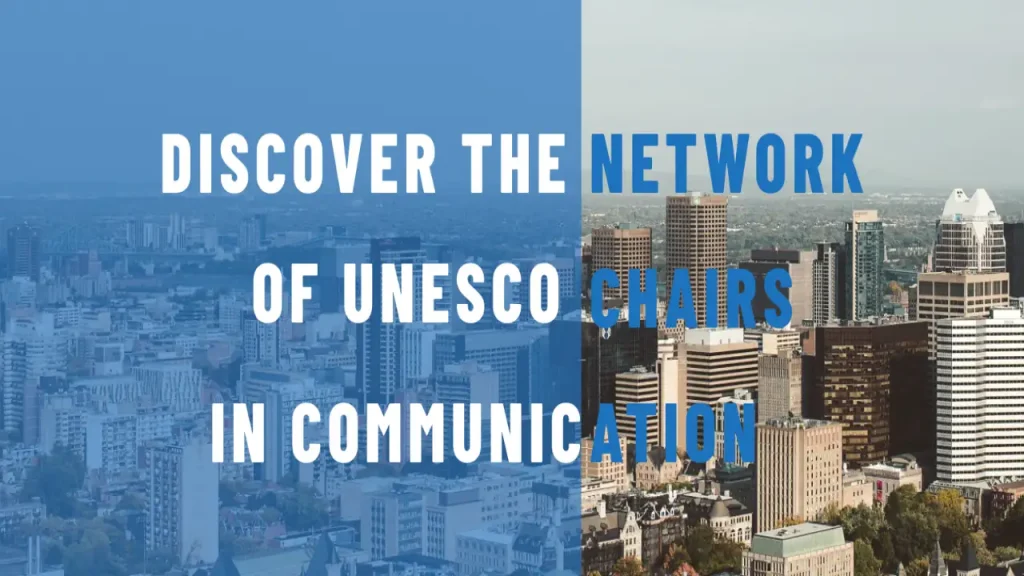- Orbicom is a UNESCO-affiliated global network linking over 60 Communication Chairs and 275+ associate members across academia, media, and policy in 55+ countries.
- Its mission is to advance research, training, and policy in communication technologies, digital inclusion, and participatory media through conferences, publications, and partnerships.
Orbicom: Connecting communication leaders globally
Established in 1994 by UNESCO and Université du Québec à Montréal (UQAM), Orbicom—or the Network of UNESCO Chairs in Communication—is a global platform that brings together academics, media professionals, policymakers, and corporate leaders. It currently encompasses over 60 UNESCO Chairs and approximately 275 associate members across more than 55 countries, fostering collaboration, research, and practice in fields such as digital communication, governance, media policy, and development.
Also read: Ripple commits $5M to APAC universities for blockchain innovation
Also read: Universiti Malaya: Leading innovation in higher education
Orbicom: Multidisciplinary research, education & policy action
Orbicom serves as a bridge between academic research and real-world communication challenges. Its activities include research initiatives, academic publications, professional exchanges, and training programs. The network promotes participatory communication, press freedom, digital citizenship, ethical media, and inclusive information societies worldwide.
Orbicom: Annual meetings and global dialogue
Orbicom hosts annual international congresses and policy forums—recently covering topics like AI and ethics in communication, freedom of expression, and media innovation. These events convene thought leaders and stakeholders from multiple sectors and regions, shaping strategic action plans in communication and development.
Orbicom: Strategic partnerships and inclusive governance
Orbicom operates under a multidisciplinary board and international secretariat at UQAM. Supported by UNESCO and other institutional partners, it encourages membership from academic, corporate, government, and civil society sectors. Its collective expertise drives global dialogues around communication policy, digital inclusion, and sustainable development.

